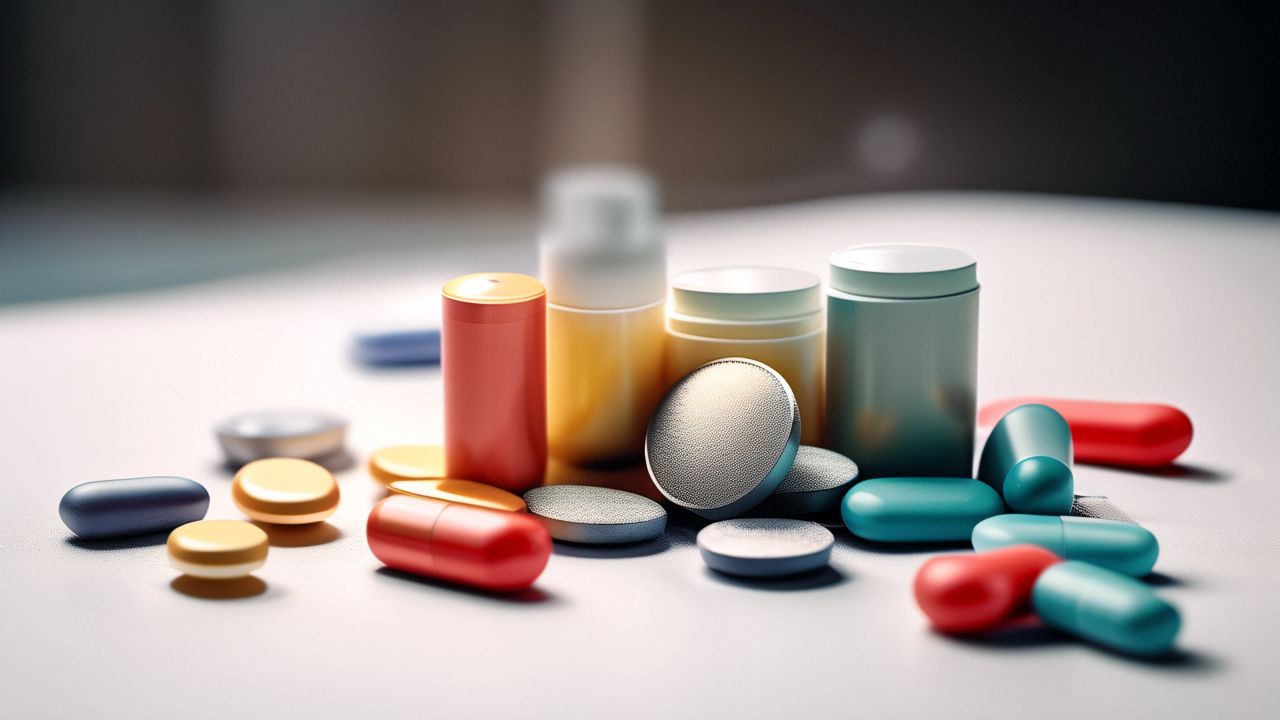The impact of diet on the recovery of chronic diseases
Diet on the recovery of chronic diseases:
Human digestion and absorption function play an important role in the recovery from diseases. Even with severe conditions, as long as patients can eat and have digestion and absorption functions, the disease is likely to improve and alleviate; if there is no digestion and absorption function and inability to eat, the condition usually worsens. In the process of disease recovery, diet is also extremely important. The term diet here not only includes the amount of food intake, but more importantly refers to the dietary rules suitable for different diseases. If a diet plan suitable for the disease can be developed for different diseases, it is greatly beneficial to the recovery of the disease.

Diet for Patients with hypertension
Patients with hypertension should adopt a light diet, increase vegetarian foods, and reduce meaty foods to maintain stable blood pressure. A stable blood pressure is crucial for effectively coordinating with medication. Not paying attention to diet control and indulging in spicy foods can be detrimental to patients with hypertension.
Diet for Patients with stroke
Patients who have had a stroke should also adopt a light diet, which is beneficial for prevention, treatment, and rehabilitation. Overindulging in high-fat foods can lead to recurrence and hinder recovery. In addition, patients with nephritis should strictly limit protein and salt intake, which plays a significant role in controlling disease progression. Otherwise, it’s not conducive to the patient’s recovery.
We will not go into detail about the dietary advice for the recovery of other diseases here, but we will continue to explain it later. In general, after falling ill, we should use drug treatment on the one hand and also carry out appropriate dietotherapy under the guidance of a doctor. That is to say, we should choose food suitable for the disease and avoid eating food that is not beneficial to the disease. The role of dietotherapy in the recovery process cannot be underestimated; but it is also wrong to think that as long as we use dietotherapy without drug treatment.
The correct approach is to combine drug therapy with dietary therapy, maximizing their effects for optimal disease treatment and rapid recovery. Therefore, diet plays a dual role in the healing process, and we should focus on its beneficial aspects while avoiding harmful ones to promote recovery.
Patients with diabetes
Managing diabetes through diet is crucial for controlling blood sugar levels and overall health. A balanced meal plan for diabetics typically includes a variety of foods from all food groups, focusing on portion control and nutrient density. Carbohydrates, which significantly impact blood sugar, should be consumed in moderation and preferably from whole-grain sources, fruits, and vegetables. Protein intake should be adequate, with lean meats, fish, beans, and nuts being excellent choices. Fats should be monitored, favoring heart-healthy unsaturated fats from sources like olive oil, avocados, and nuts, while limiting saturated and trans fats. Regular meal times and consistent carbohydrate intake are essential to help maintain stable blood sugar levels.
Additionally, staying hydrated with water and limiting sugary drinks and alcohol is important. Regular consultation with a healthcare provider or dietitian can help tailor a diet plan that meets individual needs and health goals.
The NIH has funded extensive research on diabetes, including studies on dietary interventions. A landmark study, the Diabetes Prevention Program (DPP), demonstrated that lifestyle changes, including a reduced-calorie diet and increased physical activity, could prevent or delay the onset of type 2 diabetes in high-risk individuals.
Patients with Hyperlipidemia
Managing high cholesterol through diet is a fundamental aspect of cardiovascular health. A strategic approach for individuals with Hyperlipidemia includes a diet rich in soluble fiber, found in oats, beans, and certain fruits and vegetables, which can help lower LDL (bad) cholesterol. Incorporating healthy fats such as those found in nuts, seeds, and fatty fish can also be beneficial, as they provide essential omega-3 fatty acids that can improve cholesterol levels. It’s important to limit saturated fats, commonly found in fatty meats and full-fat dairy products, as well as to avoid trans fats, which are often present in processed foods and fried items.
Regular consumption of plant sterols, found in products like margarine and orange juice fortified with sterols, can also aid in reducing cholesterol. Monitoring portion sizes and maintaining a balanced diet that includes a variety of nutrient-dense foods is key to effectively managing high cholesterol.




